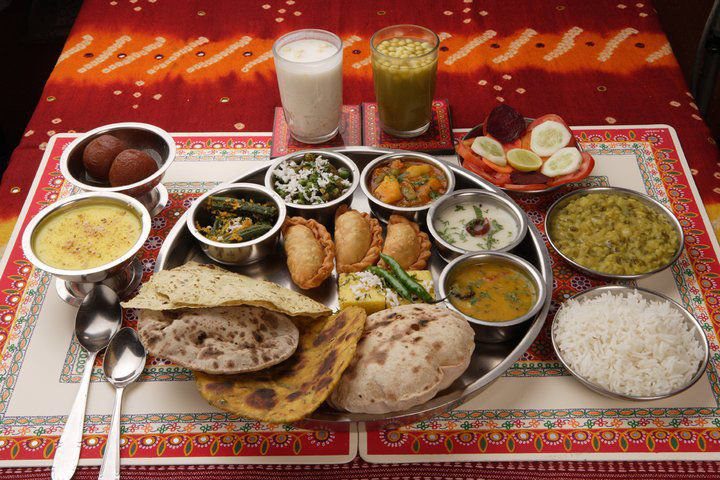 Dallas Morning News,
Dallas Morning News,
Each week we will post a question to a panel of about two dozen clergy, laity and theologians, all of whom are based in Texas or are from Texas. They will chime in with their responses to the question of the week. And you, readers, will be able to respond to their answers through the comment box.
Every faith has its rituals. Hopefully these help put us in the mind of being with God and make us more present in our prayer.
Our lives have their little rituals too.
In a recent article,Rabbi Patrick “Aleph” Beaulier wrote about the ritual of a morning cup of coffee.
The coffee is a pleasure certainly, but it is also a moment set aside, at best, for a little peace, perhaps silence and reflection. These moments apart are important to our lives as people of faith, as people who are trying to draw ourselves nearer to God. We have our rituals in our religious ceremonies too, often freighted or filled with symbolism and intended, in their own way, to draw us away from the run of our thoughts and into the peace we hope faith will bring.
How can our little daily rituals bring us closer to God? How can we make sure that, in everyday moments, we are building our path to the divine?
NITYANANDA CHANDRA DAS, minister of ISKCON (International Society for Krishna Consciousness), Dallas
In the Bhagavad Gita Śrī Krishna states in the ninth chapter that the art of doing everything for His sake is the perfection of yoga. In fact this is the perfection of life. To be 24 hours a day engaged in consciousness of Krishna, God. Our daily habits play a huge role to cultivate this consciousness. Upon waking a bhakta first chants the Lord’s holy names and bows with his head down before even leaving the bed. Followed by an early morning shower to not only keep the body clean but to refresh one’s consciousness. Kirtan and prayers begin at the temple at 4:30 am followed by a 2 hour session of meditation. Then again there is kirtan at 7 am followed by a class on the ancient Śrīmad Bhāgavatam. The bhakta follows a similar program in the evening as well, creating a sandwich of transcendental experiences.To see all responses of the TEXAS Faith panel click here.

Speaking of sandwiches this brings up another related topic. Everyone has to eat but food is not simply something for the belly, food is often a practical means to express love. Who better to love than the supreme loveable, Krishna? God is the root of everything, by watering the root all the leaves can be satisfied. Therefore the bhakta does not eat any food that cannot be first offered to God with love. Thus they abstain from eating animals. So not the act of eating can be a spiritual engagement but even the shopping, the cooking, and prep work as well. This is the art of Bhakti, to learn the ancient and blissful science of doing everything in the service of God.



